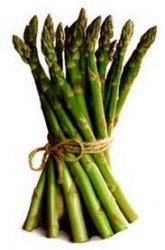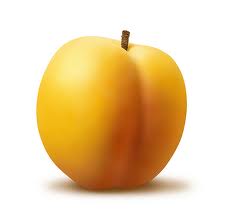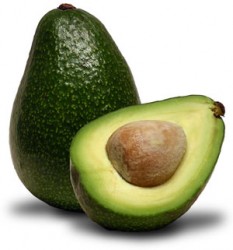Letter A
We all know that there are products we need to purchase, which never seem to have a coupon. However, we can find the prices discounted to where they are such a great price, we need to stock up and save. But, if you purchase too much, it could end up costing you in food that goes bad. Here are five foods, beginning with the letter “A”, and tips on what to do to help you get the most bang for your buck!
The first one is an easy one we all know and love – apples! You can find them on sale, many times in large bags. But if your family can’t consume them before they go bad, that is not a good way to spend money. Here are some tips:
- Apples stay fresh for about 1 – 2 weeks; but up to 4 – 6 weeks if you buy them before they are full ripened
- If you want to freeze apples, keep in mind that they will no longer be fit for eating raw – so freeze those you plan on using for baking only.
- To freeze apples cut them up into slices and lie them on a cookie sheet. Set them in the freezer to flash freeze them. Once frozen, place into freezer bags and mark with the date and place into your freezer.
- To keep apples from turning brown, dip them in apple juice prior to freezing.
Another “A” produce item is asparagus. It may not be the most popular veggie, but here are tips to help you get the most out of your money:
- Asparagus should be kept cold after purchase. Clip off about 1/4″ from the stems and dip in warm water several times. Pat it dry and place in moisture proof bags or containers. Consume with in 2 – 3 days for the best taste/quality.
- To maintain freshness in asparagus, simply wrap the ends in a moist paper towel or you can stand them upright in about 2″ of cold water.
- Asparagus can be frozen. You will want to wash it (as you normally would before consuming). You can either trim it into pieces or leave it whole (however if you do pieces, try to keep them around 2″ long). Blanch for 1- 2 minutes in boiling water (no longer). Place them immediately into ice cold water — water in your sink filled with ice cubes is best. Drain well and pack into air tight freezer bags – laying them as flat as possible. It is important to remove excess air from the bag. If you do not have a vacuum system, you can use a straw and suck out as much air as possible prior to sealing the bag closed.
- Frozen asparagus should be consumed within about 8 months.
Another fruit to consider freezing is apricots. Just a few things to keep in mind when purchasing this item;
- Apricots are good in the refrigerator for up to one week (depending upon ripeness, they may last only 2 – 4 days).
- You can freeze apricots. Make sure you wash and cut them up – removing the pits. You can do slices or halves. If you do not peel them, blanch them for 30 seconds in boiling water and then drop into ice water immediately afterwards. Drain. Dissolve 1/4 teaspoon ascorbic acid in 3 tablespoons cold water. Sprinkle over the apricots. Then, mix in 1/2 cup of sugar with fruit (measure into quart size). Mix until all sugar is dissolved. Place into an air tight containers or bags until fruit is covered. Make sure to remove an extra air in the bags, or use pa and press until all apricots are covered with the juice. They can last up to 10 months or longer in a freezer.
When it comes to avacados, you can actually preserve them as well – making them stay fresher longer.
- When ripe, they are good for around 3 day or so (kept in the refrigerator).
- To keep a sliced avacado from turning brown, sprinkle some lemon juice on the exposed side and then wrap tightly in plastic wrap.
- It is easy to freeze avacados. You will want to peel and puree them first off — add in about 1/2 tsp of lemon juice to the puree to keep it from browning. Once done, place into freezer bags, mark and freeze. They will be fresh for around 3 – 6 months in the freezer.




